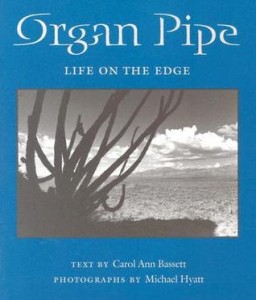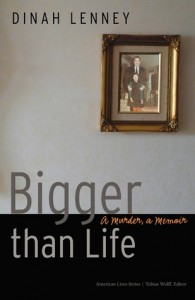 The external process is simple enough. An aging laptop fires up Submittable at my treadmill desk. I begin walking, and I wait for a story to make me stop.
The external process is simple enough. An aging laptop fires up Submittable at my treadmill desk. I begin walking, and I wait for a story to make me stop.
Whether I stop reading or stop walking is up to the author.
Of course, the nuances of reading nonfiction submissions for a lit mag like Superstition Review are more complex than that. For one thing, I am not the only one making the decisions. I am one of four editors who work with nonfiction, including two professors and two student editors.
The other editors and I look for a variety of things that make us feel strongly about a piece. Whether those strong feelings are positive or negative are discussed at our weekly meetings, where we make decisions about the fate of certain pieces. We tell each other what made us want it, what made us dislike it, what kept us going until the end of the piece. We decide, as a group, whether to accept a piece right then and there or to ask for certain revisions.
Most of the time, when we want to accept a piece, we email authors and ask them for the latter. Copy edits and typos seem to be the main concern, and we occasionally get formatting issues. We try not to accept pieces with major flaws.
Every so often, there comes a story that breaks my heart.
Sometimes it’s wonderful as it is, and we are prepared to accept it with or without revisions. When we email the author, the response is less than what we wanted: Simultaneous submissions are pulled out from under us by faster editors. We are told that the story is no longer available.
Sometimes authors don’t want to accept revisions, thinking their story is perfect just the way it is, as if the piece is a small child with a fragile ego. I understand the desire to hold on, the personal nature of someone telling you that your kid is going through a rough puberty. All of us are writers too. The thing is, if you want a story to reach that grown-up phase that is publication, you have to be willing to let it grow beyond you.
Other times, there are stories with so much potential hidden behind standard words, potential that I wish could just be pulled out through computer screens to make this piece a great one. By happy coincidence, these seem to be written by the authors who are willing to listen to their stories and to their readers. Standard sentences become elevated, stories get stripped down or built up (or both), and characters become flesh in print form.
Every so often, we get a piece that has simple words arranged in just such a way that I can’t help but stop walking. There are those essays that make me understand my mother, with her squamous cell cancer scars and her books on estate laws, a little better. There are essays that gives me a glimpse past my father’s stoic face at his own father’s funeral, singing baritone gospel songs in a minor key that were the favorite of the dead man at the front of the room. One essay in particular reminds me of a time when I got lost in Berlin, completely cut off from the one person in the group who actually spoke German besides the obligatory Danke schoen and Wo ist die… um… sprichst du Englisch?
Some of my favorite stories from this round of submissions have made me reflect on my own experiences, sharing a snapshot of the writers’ lives that is at once universal enough to be widely appreciated and personal enough to make me stop in my tracks and just read.
 Each Tuesday we feature audio or video of an SR Contributor reading their work. Today we’re proud to feature a podcast by John Michael Flynn.
Each Tuesday we feature audio or video of an SR Contributor reading their work. Today we’re proud to feature a podcast by John Michael Flynn.








